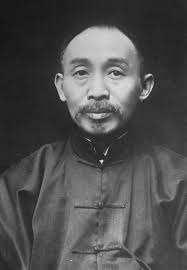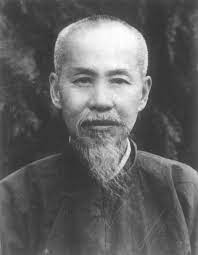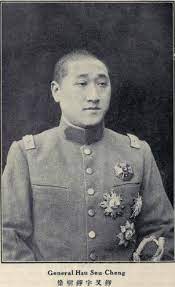Yen Hsi-shan 閻錫山 T. Pai-ch'uan 百川 Yen Hsi-shan (1883- 24 May 1960), Shansi warlord and one of the outstanding political strategists of the republican period. In 1930 he joined with Feng Yü-hsiang (q.v.) in an unsuccessful northern coalition against Chiang Kai-shek. During the Sino-Japanese war, he served as commander in chief of the Second War […]








